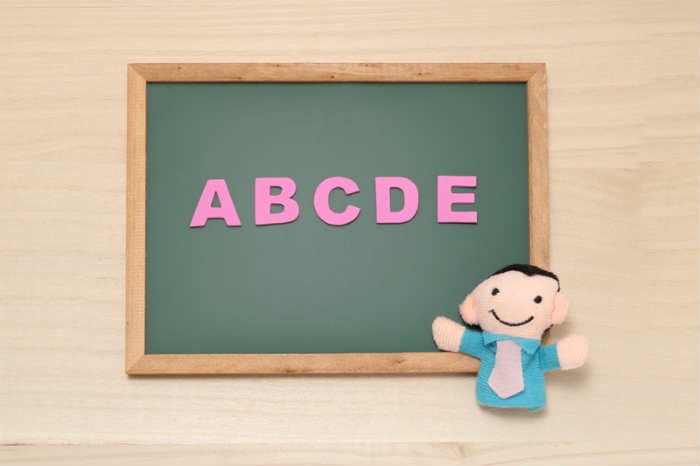











Rational emotive behavior therapy (REBT) is a therapeutic approach within cognitive behavioral therapy that follows the basic belief that the way people think impacts the way they feel and behave. Mental health practitioners using REBT work with patients to change the way they think, causing them to change and impact the way they feel and behave as a result.

When individuals can change or alter the negative ways in which they think, their thoughts become more positive, which can result in healthier behaviors and emotions. The basic change occurs by identifying harmful thought patterns or beliefs and reducing them.
To understand how thought processes impact behavior and emotions and help individuals move toward altering harmful thought patterns, REBT utilizes the ABCDE Model.
Imagine you find someone you are interested in dating. After thinking about it and stressing over it for some time, you finally worked up the courage to ask the person out on a date. You think carefully about what you would like to do for the date, making sure that it fits with the person you are taking out. You go above and beyond to make sure the date is a great one. However, a week after your date, you ask to go out again, and the person reveals they are not interested. Some people might think, “It’s because I’m lame and unlikable.” Others might think, “They’re just a superficial jerk and went out with me for free food.”
Both types of thinking are examples of thoughts that would affect feelings and behaviors. People with twisted thinking like this might feel unlovable or entitled. They might avoid connecting with people altogether or lash out at others.
Therapists applying REBT often apply the ABCDE model in their treatments, helping them work towards changing their thinking, ultimately impacting the way they feel and act. Below is an outline of how this model might be applied to the aforementioned scenario.
The activating event involves the trigger of the irrational belief. It would include being turned down after what you felt was a great date.
The Belief is the irrational belief that occurs as a result of the activating event. The beliefs that “I’m lame” or “they’re a superficial jerk” are examples of harmful beliefs that lead to negative thought patterns.
The Consequences involve the emotional and behavioral results of the irrational belief. If someone has the belief that they are “lame and unlikable,” they might feel a lack of self-confidence and avoid dating.
Disputing the thought involves arguing against the irrational belief by finding evidence to the contrary. A person could remind themselves of their friendships and their friends’ desires to spend time with them. If they were really so “lame,” would they have friends who wanted to spend time with them?
The Effects are the positive consequences of working towards the new thought pattern. A person who works to move from thinking they are “lame” to thinking of themselves as an enjoyable person with many friends might begin to feel more confident and talk to people more openly to others once again.
In essence, rational emotive behavior therapy serves as a dynamic tool for fostering profound personal growth and emotional resilience. By targeting and transforming the core beliefs that drive negative emotions and behaviors, REBT empowers individuals to navigate life’s challenges with greater clarity and confidence. Through the systematic application of the ABCDE model, therapists guide clients toward understanding and disputing irrational thoughts, leading to more adaptive behaviors and positive emotional outcomes. Ultimately, REBT stands as a testament to the transformative power of thought, offering a path to enhanced well-being and a more fulfilling life.
Sources